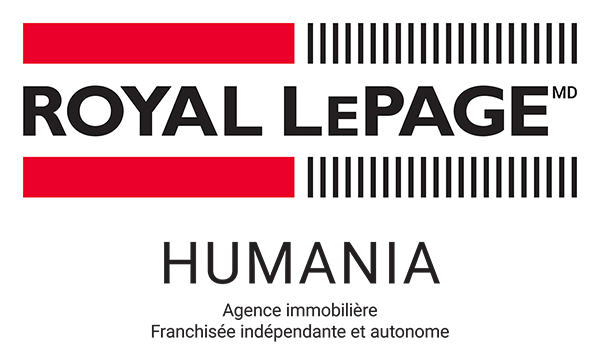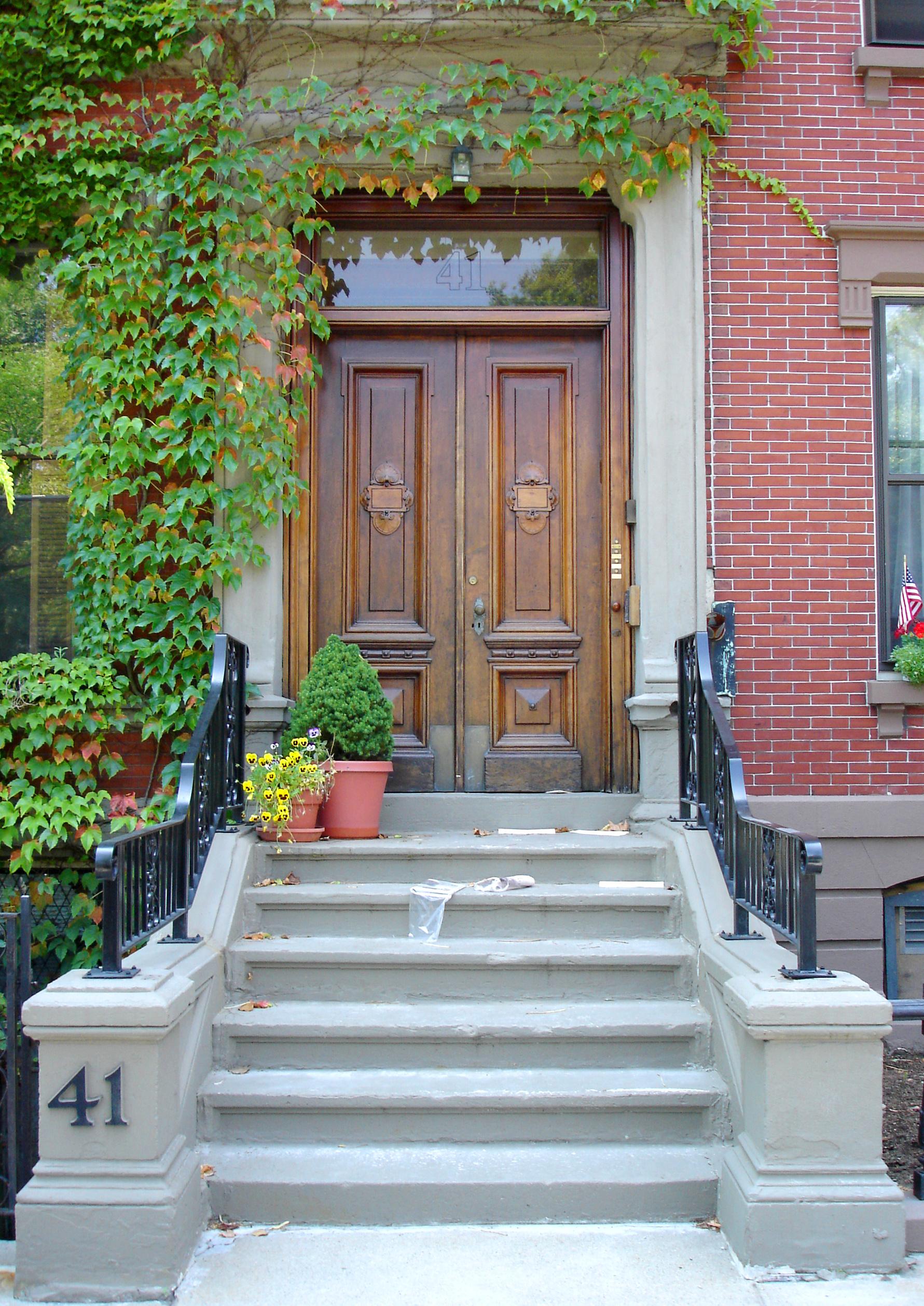Your friendly neighbourhood realtor!
LAVAL Properties For Sale
The range between minimum price and maximum price is incorrect. Please submit the correct range.
Let me know what are you looking for !
Create your Client Portal account or sign in to favourite listings, save searches and sign up for automatic email notifications.

Jonathan Lara
Courtier immobilier résidentiel

About Me
Above all, I’m a proud family man—husband to an incredible wife and father to two young children who remind me every day of what truly matters.
It’s this family-first perspective and focus on human connections that drew me to real estate. When I bought my first property, I had the privilege of working with a broker who took the time to listen, understand my needs, and guide me step by step. That experience left a lasting impression and inspired me to offer the same level of care to others.
Today, I firmly believe that every transaction goes far beyond a simple purchase or sale—it represents a life project, a dream, and sometimes a fresh start. My role is to guide you with empathy, transparency, and professionalism, always putting your needs first.
Whether you’re buying or selling, you can count on:
Personalized and attentive service
In-depth knowledge of the Laval and Montreal markets
Strong negotiation skills
Proven marketing strategies that deliver results
My goal is simple: to make your real estate experience as smooth, positive, and successful as possible.

Featured Communities
The trademarks MLS®, Multiple Listing Service® and the associated logos are owned by CREA and identify the quality of services provided by real estate professionals who are members of CREA.
REALTOR® contact information provided to facilitate inquiries from consumers interested in Real Estate services. Please do not contact the website owner with unsolicited commercial offers.
Copyright© 2026 Jumptools® Inc. Real Estate Websites for Agents and Brokers













